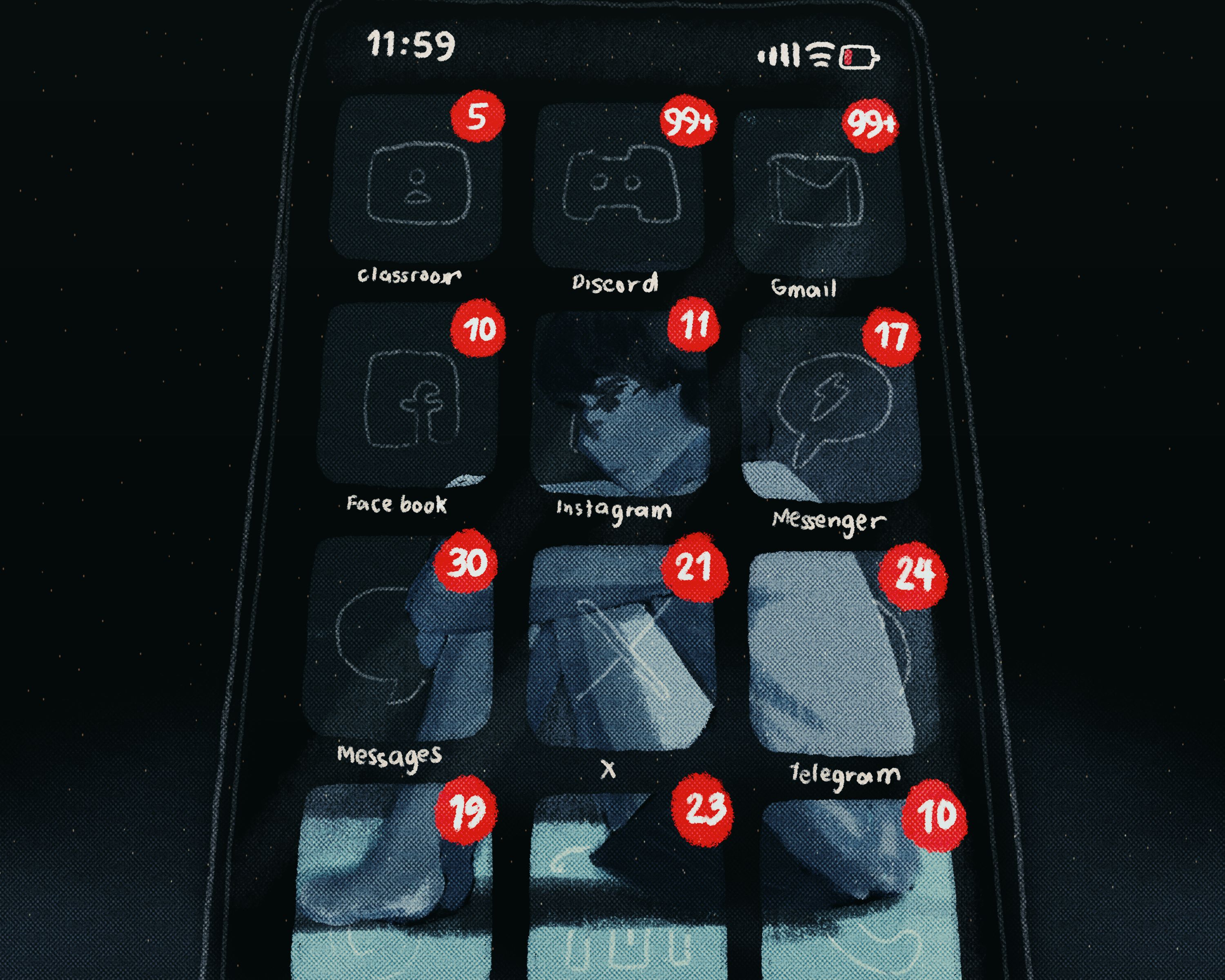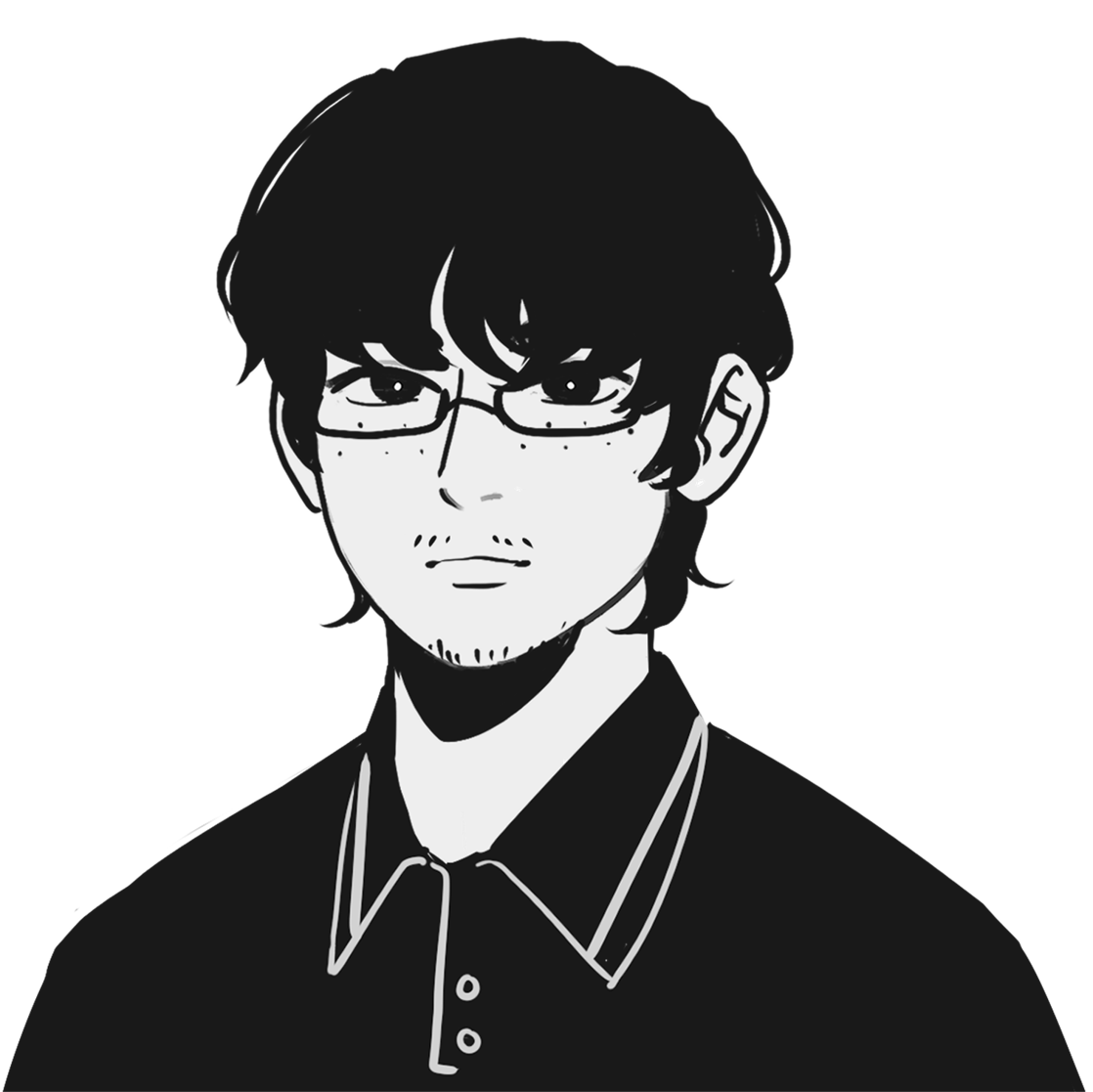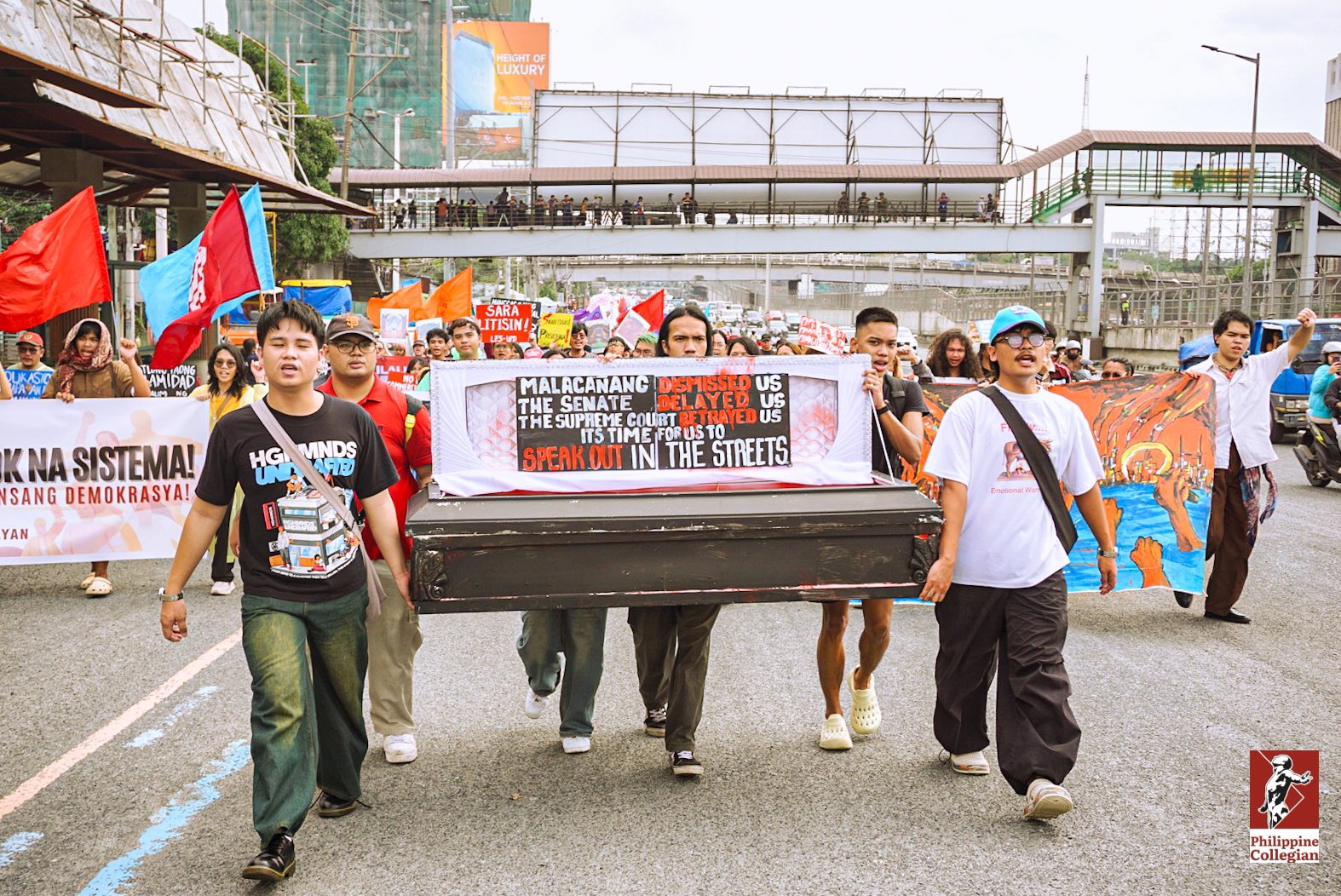It is hard to confront that which one cannot even come to name. There is no ground zero—nothing to blame, nowhere to begin for attempts to recover.
This is the third time I have not shown up for the psychiatric appointment I scheduled in PGH. It took three months to secure this date. But like the previous times, I chickened out because I felt that my situation was not as dire anyway. Besides, it is finals season so there is no minute I can afford to lose amid the barrage of papers, exams, and press work deadlines I have to meet.
Such is the cycle I have long been accustomed to: I will plummet to an absolute lowest of lows, prompting me to request an appointment at the pghopd.up.edu.ph. Then months will pass before I can be accommodated. By that time, the extreme demotivation afflicting me would have already subsided, leading me to feel as if I merely overreacted. And just a few days after I skipped the consultation, I would regret having done so as I hit yet another slump. So I would try to check the PsycServ Google form link, which opens on select Mondays. Sometimes, it’s already closed. More often, I forget to check.
There are now at least five unanswered group chats in my Messenger, each new message a taunting reminder that I am a bad friend. Overdue papers and closed submission bin notifications pile up across my devices. Just the deed of having to open my laptop or books is already an arduous task that takes up much of my energy. Even this entry for the Collegian was submitted way past the deadline, surely affecting the entire operations of the publication.
And just like before, I have no other recourse but to wallow in self-pity. I cannot even pin the blame on any underlying condition as I am unable nor financially capable of bringing myself to any professional consultations, let alone seek the necessary steps to move forward.
I know the onus of recovery is largely on me. At this point, I do not even know if there is anything I need to recover from. But I also know that I am not the only one who feels this, rendered helpless in a recurring cycle of debilitating episodes. And perhaps through these shared struggles, we can find common ground to reinforce our existing support systems.
In doing so, we can build stronger communities of care and press the powers-that-be to create more robust institutions to look after our dispositions.
For now, I only know this much: I need to survive yet another day, one way or another. ●
First published in the May 27, 2025, print edition of the Collegian.






